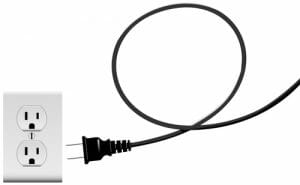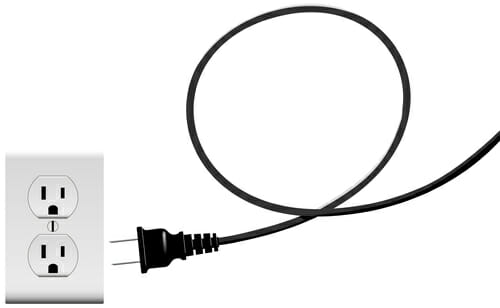 {Read in 5 minutes} Living Wills — a lot of people know about them or talk about them, but not everyone knows exactly what they are. Sometimes people confuse them with a Last Will and Testament or a Health Care Proxy (another document that deals with health care). So, let’s set the record straight.
{Read in 5 minutes} Living Wills — a lot of people know about them or talk about them, but not everyone knows exactly what they are. Sometimes people confuse them with a Last Will and Testament or a Health Care Proxy (another document that deals with health care). So, let’s set the record straight.
Simply put, a Living Will is a statement of a person’s wishes concerning artificial or heroic measures to keep them alive. If they suffer an injury or an illness that renders them i) unable to meaningfully communicate with their healthcare providers, and ii) unlikely to recover to any type of cognizant life, then they may direct their doctors to cease any medical treatment, instead focusing on palliative care (care that is designed to make them comfortable). Yes, this can be the “pull-the-plug” document you’ve all heard about.
What sorts of treatments are we talking about?
Discontinuing medical care could include things such as terminating tube feeding or removing someone from a ventilator if they are unable to feed or breathe for themselves, respectively. This would also include directing caregivers not to provide CPR during this time. Palliative care would include things like making sure that one was kept comfortable, such as with the administration of pain medications (which may shorten a person’s life but ensure that they pass away in comfort). Please note that these medical directives only apply upon satisfaction of the conditions above (unable to communicate and unlikely to recover to cognizant life) — most people would certainly want medical care before those conditions are satisfied. Sometimes people ask if they can sign a DNR (Do Not Resuscitate) order at the same time they sign their other estate planning documents, but they do not really mean this. Would you not want the paramedics to give you CPR if you were involved in an accident? Would you not want a waiter to administer the Heimlich maneuver if you choked during dinner? Of course not. The conditional if/then language in a Living Will addresses these concerns.
Everyone has a very different opinion on these topics because they are both important and personal. I have met people on both ends of the spectrum: those who wish their medical team to administer every available treatment possible to them, and those who simply want no medical treatment of any kind, regardless of the circumstances. Most people tend to fall closer to the latter category, feeling that if the doctors have advised their loved ones that treatment would only prolong their death, they would wish to be able to die peacefully rather than subject themselves or their friends and family to watching them die slowly by inches.
What happens if one doesn’t have a Living Will? In New York, doctors are legally required to treat patients medically, unless there is clear and convincing evidence that they would have wished otherwise. If no such evidence exists, New York law also allows certain family members (spouse/domestic partner, adult children, parents, etc., in that sequence) to make medical decisions on a patient’s behalf, but this can pose problems. For example, those family members may be simply unaware of your wishes on the subject, because it is a topic that makes people squeamish and does not often come up in everyday conversation. Another potential problem might be that a patient’s family may have very different wishes on end-of-life issues than the patient — due to differing religious, ethical, or moral beliefs — which means that doctors may never even hear the patient’s wishes. Signing a Living Will rectifies both problems.
With that said, how does one sign a Living Will? As a legal document, anyone signing a Living Will should consult with an attorney; however, there are several documents available for free online, just make sure that you follow the directions properly when signing them. The legal requirement of a Living Will is a statement signed by the person making it, in front of two witnesses who are at least 18 years of age.
What does one do with the Living Will after he or she signs it? It’s important that you give the Living Will to the people who you have named as Agents on your Health Care Proxy. Why? Because if you are unable to meaningfully communicate with your doctors, they are going to need to make medical decisions for you. If there comes a time when they need to make a life-or-death decision, knowing that they are following your wishes will give them a great deal of comfort.
For more information about Living Wills, contact me.

